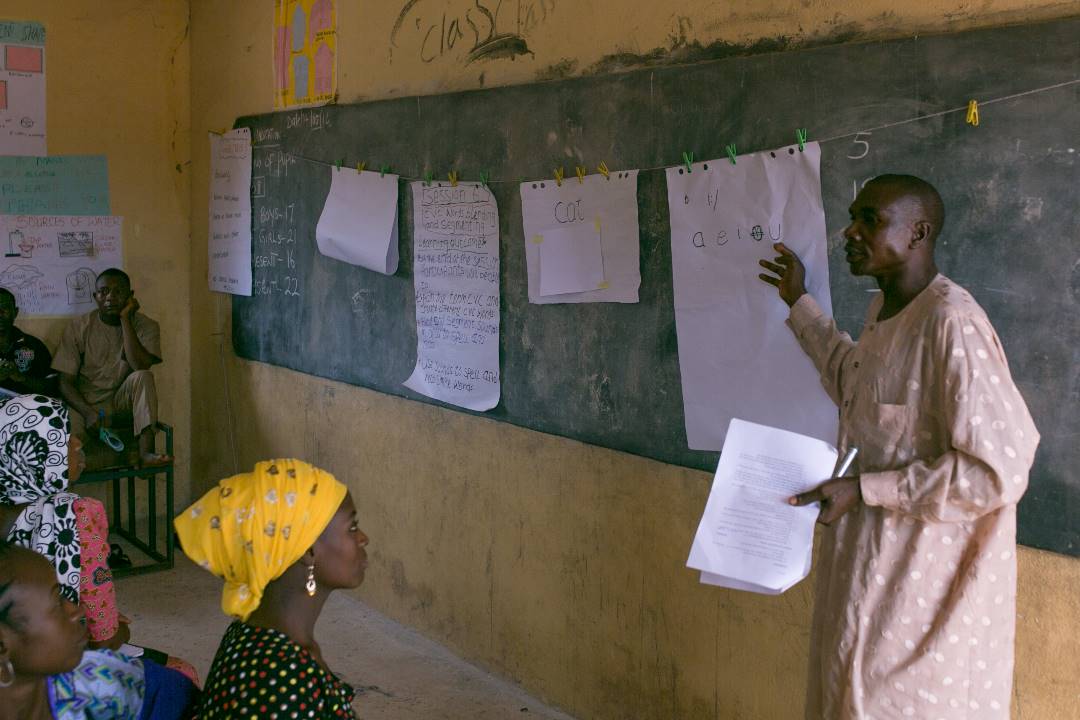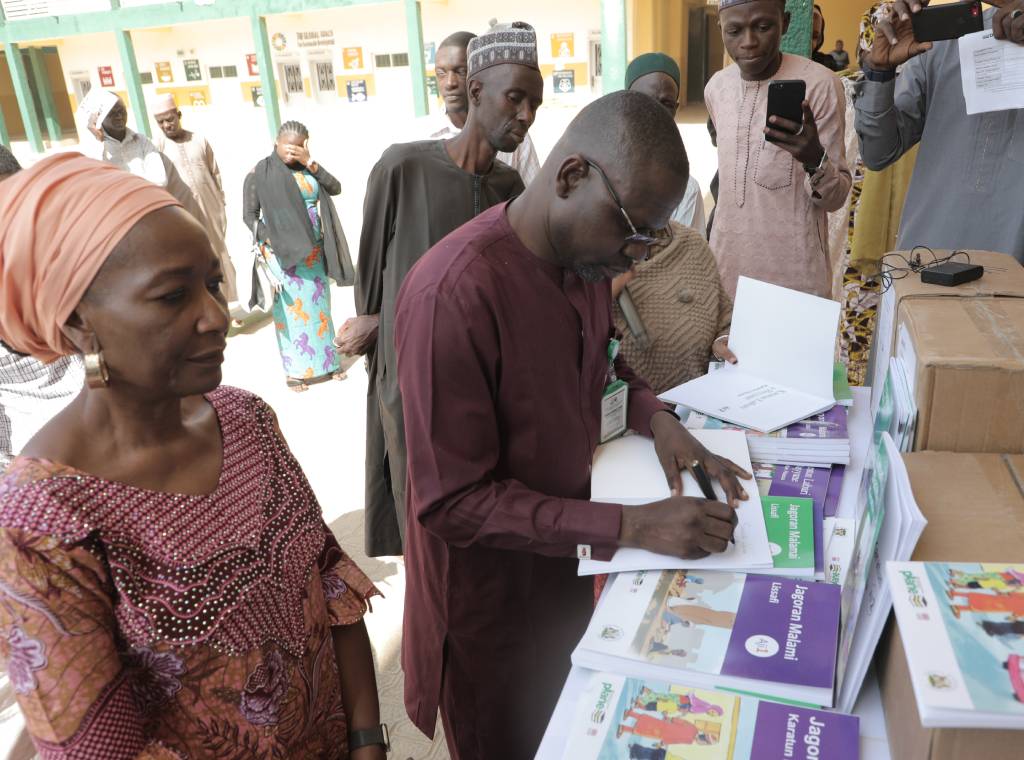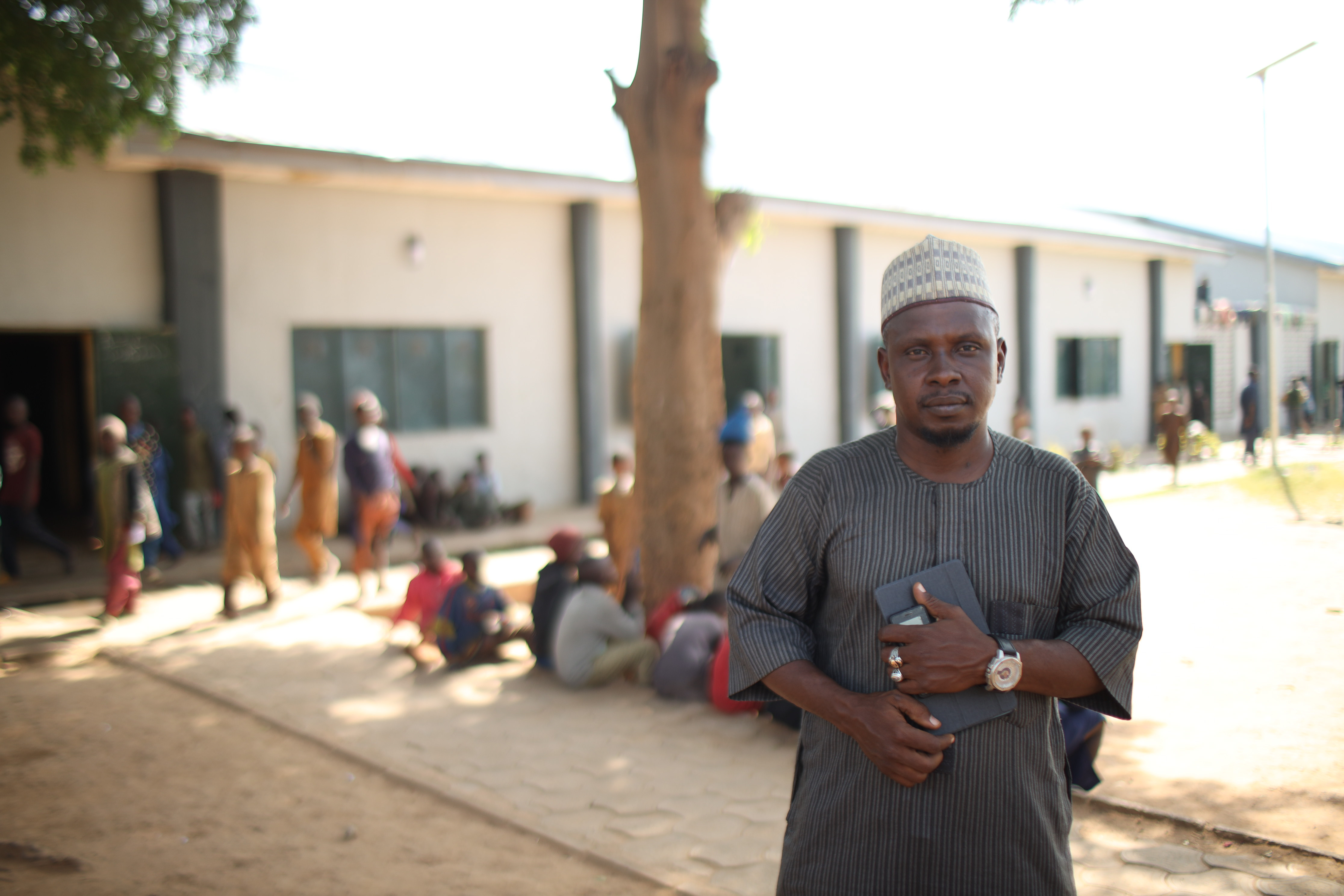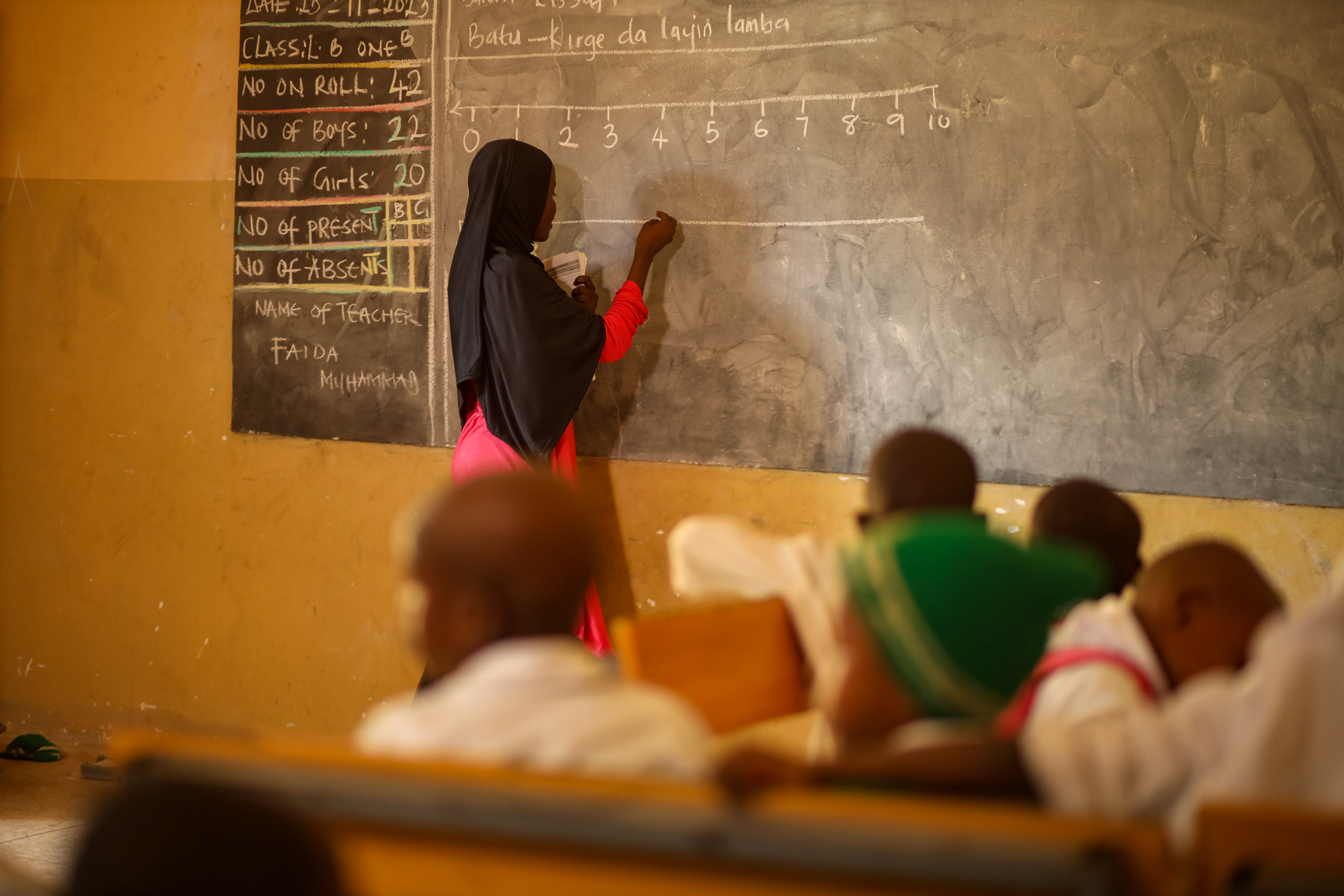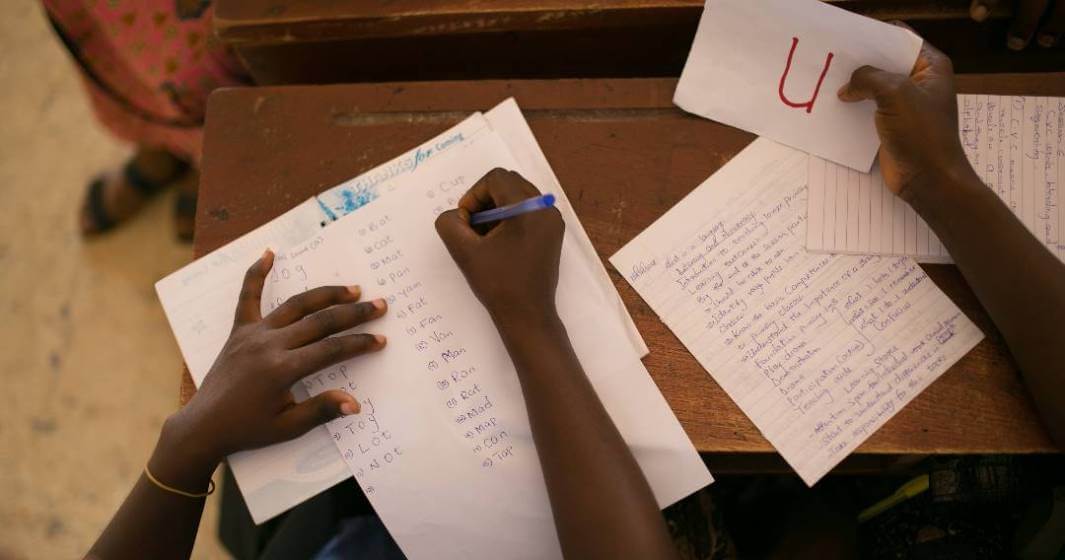
In Nigeria, the shortage of teachers in public schools has reached a critical level, posing a threat to the education system and the future of the country’s youth. The government’s politicization of teacher recruitment and failure to address the dearth of teachers has resulted in overworked educators, overcrowded classrooms, and a learning crisis that needs urgent attention.
Take, for example, the story of Mr Olamilekan Adekoya, a dedicated teacher at Anthony Village Senior High School in Lagos. Despite facing numerous challenges, including traffic congestion, fuel scarcity, and a heavy workload, Adekoya has been teaching Civic Education and Government for a decade. However, due to the shortage of teachers in his school, he struggles to provide each student with the attention they deserve.
The situation is not unique to Adekoya’s school. When teachers retire, there is often no effort by the government to replace them, leading to subject areas being left without qualified instructors. This lack of support puts additional strain on the remaining teachers, who are already overworked and battling mental health issues like depression. Adekoya himself has experienced the toll of this demanding profession, as he juggles teaching responsibilities with his own studies at the University of Lagos.
The consequences of this teacher shortage are dire. According to UNICEF, 70 percent of Nigerian children are currently going through a learning crisis. Shockingly, a report from the Learning Crisis in Nigerian Literacy revealed that 53 percent of 10-year-olds in the country cannot read or write. These statistics paint a grim picture of the state of education in Nigeria, emphasizing the urgent need for action.
One of the main issues contributing to the shortage of teachers is the high pupil-to-teacher ratio (PTR) in public schools. While the global standard, according to UNICEF, is 1:25, there is a lack of data on PTR in Lagos public schools. However, evidence suggests that the actual PTR in some schools is as high as 1:64. This overcrowding, coupled with a constant influx of students from different regions, puts immense pressure on teachers, students, and infrastructure, exacerbating the learning crisis.
The shortage of teachers is also linked to socioeconomic factors. Economic hardships have led many parents to transfer their children from private schools to public schools, increasing the student population in already densely populated schools. The state government’s free education policy, while commendable, has further contributed to the overcrowding of classrooms. The government’s expectation of a 100 percent pass rate for all students, regardless of their abilities, adds additional pressure to teachers who are already struggling to cope.
To address the dearth of teachers and avert the learning crisis, several measures need to be taken. Firstly, the government must prioritize the recruitment of qualified teachers and stop politicizing the process. Recruitment should be based on merit, ensuring that the right calibre of teachers is selected for the job. Additionally, a teacher-based information management system should be established to track and deploy teachers effectively across different subjects and schools.
Curriculum renewal is also crucial in addressing the learning crisis. The government, through the National Commission for Colleges of Education (NCCE), should identify the subjects in highest demand and ensure an adequate supply of qualified teachers, particularly in subjects like English and Mathematics. This requires a shift away from the current practice of recruiting teachers for subjects they may not be adequately qualified to teach.
Making the teaching profession more attractive is another key step. Teacher salaries should be paid promptly, and the government must create an enabling environment for teaching and learning. Parents also have a role to play by ensuring that their children have access to educational materials and resources. Additionally, the government should invest in infrastructure and consider dividing schools with large populations into two to.
Source:
Dr James Fadokun on Dearth of Teachers
Enene Ejembi is a Strategic Communications Lead at PLANE

